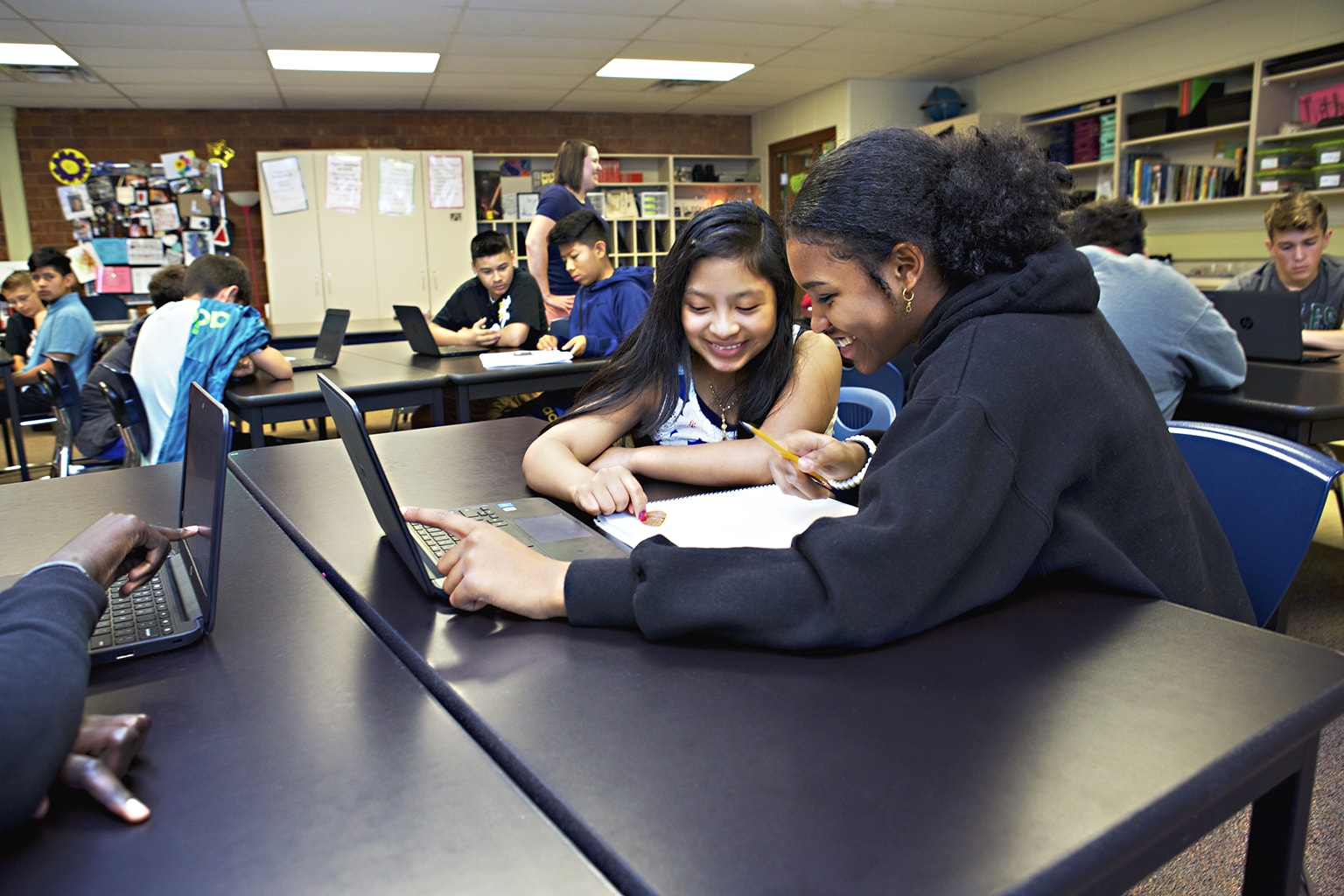A phenomena-based science curriculum
√®ŖšAV Science is a K‚Äď8 science curriculum that blends hands-on investigations, literacy-rich activities, and interactive digital tools to empower students to think, read, write, and argue like real scientists.
√®ŖšAV Science for grades K‚Äď8 has been rated all-green by EdReports.
A powerful partnership
√®ŖšAV Science was developed by the science education experts at UC Berkeley‚Äôs Lawrence Hall of Science and the digital learning team at √®ŖšAV. As The Lawrence’s first curriculum designed to address the new science standards, √®ŖšAV Science reflects state-of-the-art practices in science teaching and learning.
What's included
Flexible resources that work seamlessly together





Student Books
Age-appropriate Student Books allow students to:
- engage with content-rich texts
- obtain evidence
- develop research and close-reading skills
- construct arguments and explanations




Student Investigation Notebooks
Available for every unit, the Student Investigation Notebooks provide space for students to:
- record data
- reflect on ideas from texts and investigations
- construct explanations and arguments



Simulations and practice tools (grades 2+)
Developed exclusively for the √®ŖšAV Science program, these engaging digital tools:
- serve as venues for exploration
- enable data collection
- allow students to explore scientific concepts
- show what might be impossible to see with the naked eye


Teacher's Guides
Available digitally and in print, the Teacher’s Guides contain all of the information teachers need to facilitate classroom instruction, including:
- detailed lesson plans
- unit and chapter overview documentation
- differentiation strategies
- standards alignments
- in-context professional development



Hands-on materials kits
Hands-on learning is at the heart of √®ŖšAV Science. Each unit kit contains:
- consumable and non-consumable hands-on materials
- print classroom display materials
- premium print materials for student use (sorting cards, maps, etc.)
Explore more programs.
Our programs are designed to support and complement one another. Learn more about our related programs.



















